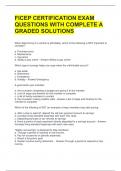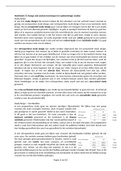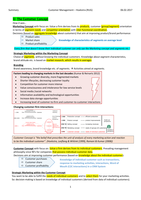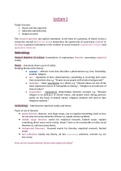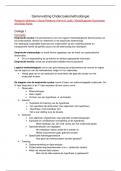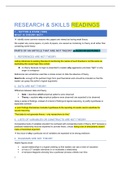Joseph-Achille Mbembe, known as Achille Mbemb,
is a Cameroonian historian, political theorist, and public
intellectual who is a research professor in history and
politics at the Wits Institute for Social and Economy
Research at the University of the Witwatersrand. He is
well known for his writings on colonialism and its
consequences and is a leading gure in new wave
French critical theory.
Mbembe was born near Otélé in Cameroon in 1957. He
obtained his Ph.D. in history at the University of
Sorbonne in Paris, France, in 1989. He subsequently
obtained a D.E.A. in political science at the Instituts d'études politiques in the same city. He has
held appointments at Columbia University in New York, Brookings Institution in Washington, D.C.,
University of Pennsylvania, University of California, Berkeley, Yale University, Duke University and
Council for the Development of Social Science Research in Africa (CODESRIA) in Dakar, Senegal.
Mbembe was assistant professor of history at Columbia University, New York, from 1988 to 1991,
a senior research fellow at the Brookings Institution in Washington, D.C., from 1991 to 1992,
associate professor of history at the University of Pennsylvania from 1992 to 1996, executive
director of the Council for the Development of Social Science Research in Africa (Codesria) in
Dakar, Senegal, from 1996 to 2000. Achille was also a visiting professor at the University of
California, Berkeley, in 2001, and a visiting professor at Yale University in 2003.[3] He was a
research professor in history and politics at Harvard University's W. E. B. Du Bois Research
Institute.[4] In 2020 Mbembe delivered the presidential lecture in the Humanities at Stanford
University.[5]
Mbembe has written extensively on African history and politics, including La naissance du maquis
dans le Sud-Cameroun (Paris: Karthala, 1996).[6] On the Postcolony was published in Paris in 2000
in French and the English translation was published by the University of California Press, Berkeley,
in 2001. In 2015, Wits University Press published a new, African edition. He has an A1 rating from
the National Research Foundation.
Mbembe wrote a lot of books. 2 examples are: “Heterotopia and the city” and “The history of
sexuality”. A school is a good example of Heterotopia, you don’t have to work, you are free.
34
fi
, As always, we start with the end of the text. He ends his text by saying what he is doing. So this is
a perfect summary. Bio-politics is almost the same as bio-power. No beter example for bio-
politics today is corona. How can we help the people?
35

